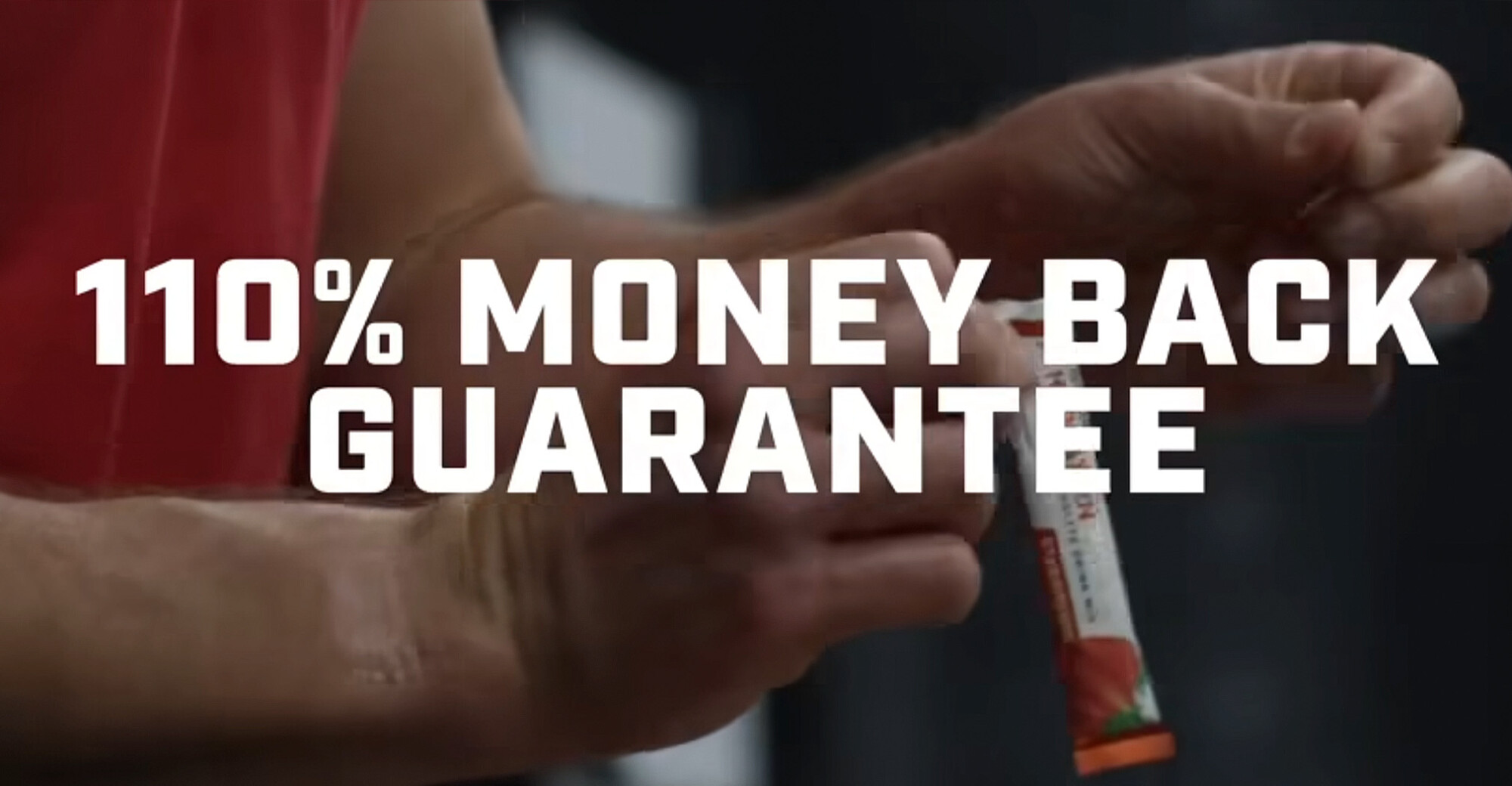
NCPW 2025: Fighting against Deceptive Marketing
If you’ve been misled by an ad, regulators want to hear from you. We do too.
May 2014: A federal judge dismissed this class-action lawsuit against GNC finding that the amount in controversy did not exceed $5 million, as required under the Class Action Fairness Act.
August 2013: A class-action lawsuit was filed against GNC in August 2013 for allegedly falsely advertising its Arginine supplements (Pro Performance Rapid Drive Arginine 5000, L-Arginine 5000, L-Arginine 1000, and L-Arginine 500). Specifically, the plaintiffs claim that the Arginine supplements are falsely marketed as able to increase the formation of Nitric Oxide in the blood, maintain blood vessel tone, increase circulation of oxygen and nutrients, enhance athletic performance, increase lean muscle mass, and provide muscle “pumps” when none of that is true of the oral supplements. (Hirmez et al. v. GNC Holdings, Inc. et al., Case No. 13-cv-01828, S.D. Cal.)
For more information about other class-action lawsuits against GNC and TINA.org’s coverage of the company, click here.
If you’ve been misled by an ad, regulators want to hear from you. We do too.
It’s easier to rack up hidden fees than it is to cancel.
The only thing more “ridiculous” than the touted benefits is the cancellation process.
Under a proposed bill, theaters could be fined for making moviegoers guess.
Money-back guarantee comes up woefully short of advertised percentage.



